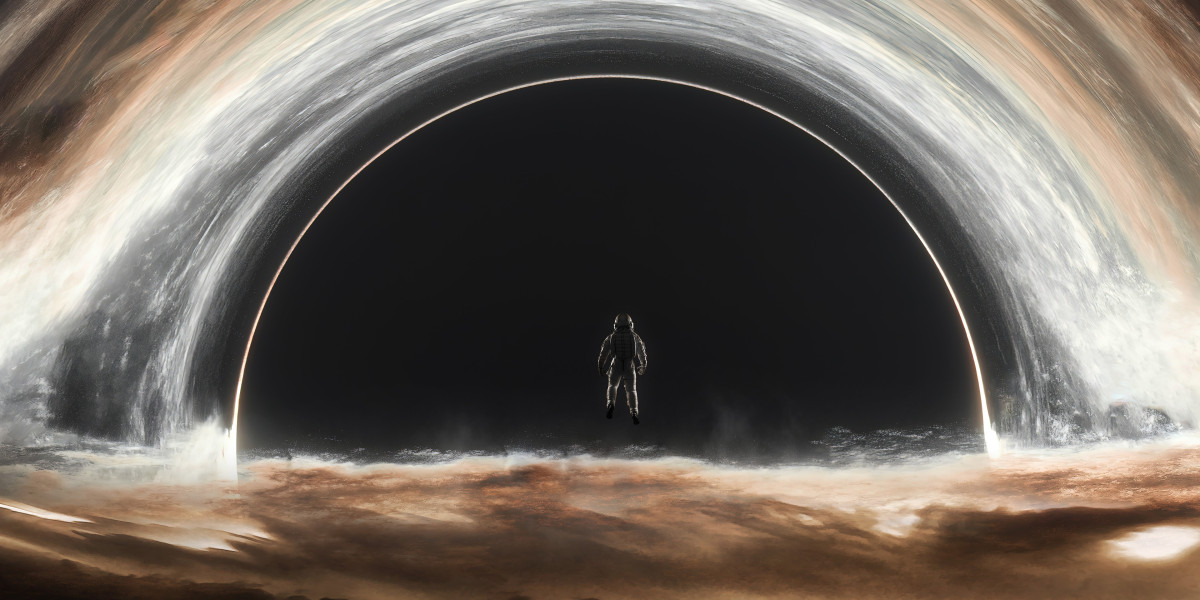Coffee lovers often find themselves at a crossroads when choosing between cold brew coffee and espresso-based beverages. Both options offer unique flavors and experiences, but which one truly reigns supreme? In this article, we will delve into the characteristics, preparation methods, and flavor profiles of these two popular coffee styles.

Understanding Cold Brew Coffee
Cold brew coffee is made by steeping coarsely ground coffee beans in cold water for an extended period, typically 12 to 24 hours. This method results in a smooth, less acidic beverage that is often enjoyed over ice. The cold brewing process extracts different compounds from the coffee beans compared to traditional brewing methods, leading to a distinct flavor profile.
- Flavor Profile: Cold brew tends to be sweeter and less bitter, making it a refreshing choice, especially during warmer months.
- Caffeine Content: Depending on the coffee-to-water ratio, cold brew can have a higher caffeine concentration than regular coffee.
- Versatility: Cold brew can be enjoyed straight, with milk, or as a base for various coffee cocktails.
Exploring Espresso-Based Beverages
On the other hand, espresso-based beverages are crafted by forcing hot water through finely-ground coffee under high pressure. This method produces a concentrated shot of coffee that serves as the foundation for various drinks, including lattes, cappuccinos, and macchiatos.
- Flavor Profile: Espresso is known for its rich, bold flavor and creamy texture, often accompanied by a layer of crema on top.
- Caffeine Content: While a single shot of espresso contains less caffeine than a typical cup of cold brew, the intensity of the flavor can make it feel more potent.
- Variety: The versatility of espresso allows for endless customization, from the type of milk used to the addition of flavored syrups.
Cold Brew Coffee vs. Espresso-Based Beverages: Key Differences
When comparing cold brew coffee vs. espresso-based beverages, several factors come into play:
- Preparation Time: Cold brew requires a longer steeping time, while espresso can be prepared in seconds.
- Temperature: Cold brew is served cold, making it ideal for hot weather, whereas espresso is typically enjoyed hot.
- Acidity: Cold brew is generally less acidic, which may be gentler on the stomach for some coffee drinkers.
Which One Should You Choose?
The choice between cold brew coffee and espresso-based beverages ultimately depends on your personal preferences. If you prefer a smooth, refreshing drink with lower acidity, cold brew may be your best bet. Conversely, if you enjoy a bold, rich flavor and the versatility of various coffee drinks, espresso is likely the way to go.
For a more in-depth comparison, you can check out this detailed guide that explores the nuances of both brewing methods.
In conclusion, whether you lean towards cold brew coffee or espresso-based beverages, both options offer delightful experiences that cater to different tastes and occasions. Embrace the diversity of coffee and enjoy your brew of choice!








